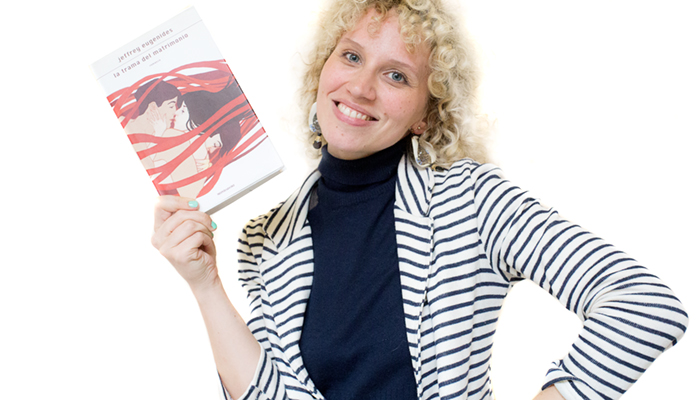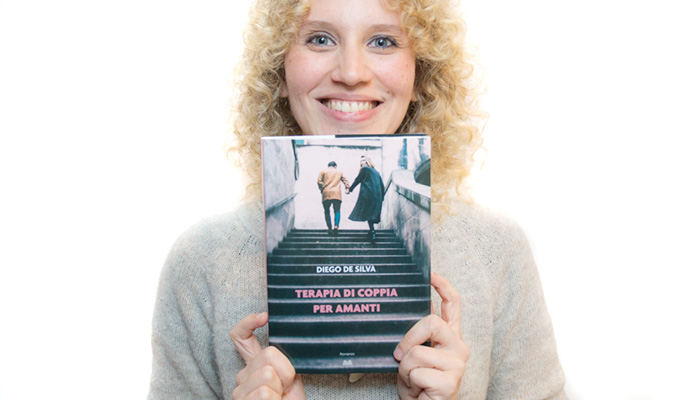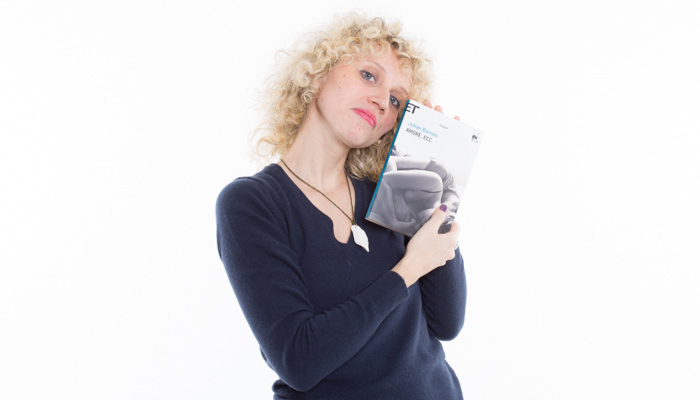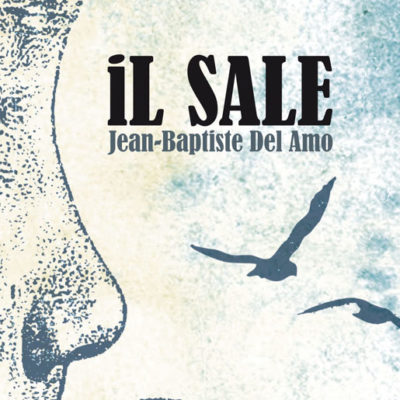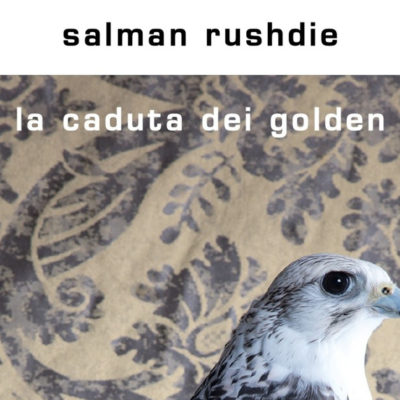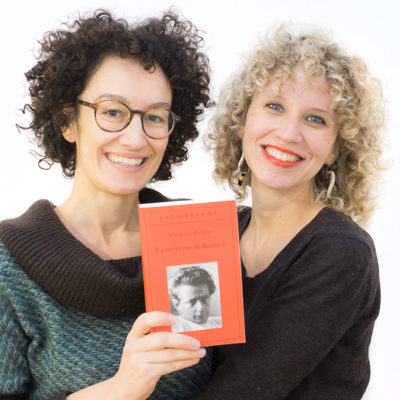Ecco perché sposeremo la persona “sbagliata” – secondo Alain de Botton – e perché questo sarà normale! Voi cosa ne pensate? Sappiamo che allo scrittore l’ironia non manca! Scrive Alain de Botton:
One of the privileges of being on our own is therefore the sincere impression that we are really quite easy to live with
Uno dei privilegi dello stare da soli è certamente l’impressione sincera che siamo veramente dei compagni facili con cui vivere.
E poi ancora:
Marriage ends up as a hopeful, generous, infinitely kind gamble taken by two people who don’t know yet who they are or who the other might be, binding themselves to a future they cannot conceive of and have carefully avoided investigating.
Il matrimonio sarà un generoso e speranzoso azzardo compiuto da due persone che non sanno ancora chi siano o chi l’altro possa essere, che si incatenano a un futuro che non possono immaginare o che hanno accuratamente evitato di indagare
E ancora:
The good news is that it doesn’t matter if we find we have married the wrong person. We mustn’t abandon him or her, only the founding Romantic idea (…) that a perfect being exists who can meet all our needs and satisfy our every yearning. We need to swap the Romantic view for a tragic (and at points comedic) awareness that every human will frustrate, anger, annoy, madden and disappoint us — and we will (without any malice) do the same to them.
La buona notizia è che non importa se abbiamo sposato la persona sbagliata. Non dobbiamo abbandonare lui o lei, ma solo l’idea romantica che esista un essere perfetto in grado di soddisfare tutte le nostre esigenze e ogni nostro desiderio. Abbiamo bisogno di sostituire il romanticismo alla tragica (e a tratti comica) consapevolezza che ogni essere umano ci ostacolerà, farà arrabbiare e infastidire e impazzire e ci deluderà e e noi faremo lo stesso a loro, senza volerlo.
Conclude con piglio brillante:
The person who is best suited to us is not the person who shares our every taste (he or she doesn’t exist), but the person who can negotiate differences in taste intelligently — the person who is good at disagreement. Rather than some notional idea of perfect complementarity, it is the capacity to tolerate differences with generosity that is the true marker of the “not overly wrong” person. Compatibility is an achievement of love; it must not be its precondition.
La persona che è più adatta a noi non è la persona che condivide tutti i nostri gusti (quella non esiste!), ma colei o colui che può negoziare le differenze in modo intelligente – che sa essere diversa. Piuttosto che una certa idea nozionale di complementarietà perfetta, è la capacità di tollerare le differenze con generosità che è il vero indicatore della persona “non troppo sbagliata”. La compatibilità è una conquista d’amore; non deve essere la sua premessa.
A questo punto una di noi due, quella di cui sopra – Gioia – ha riaperto “Cos’è una ragazza” di Alain de Botton e ha ripreso la lettura… a breve la recensione!



